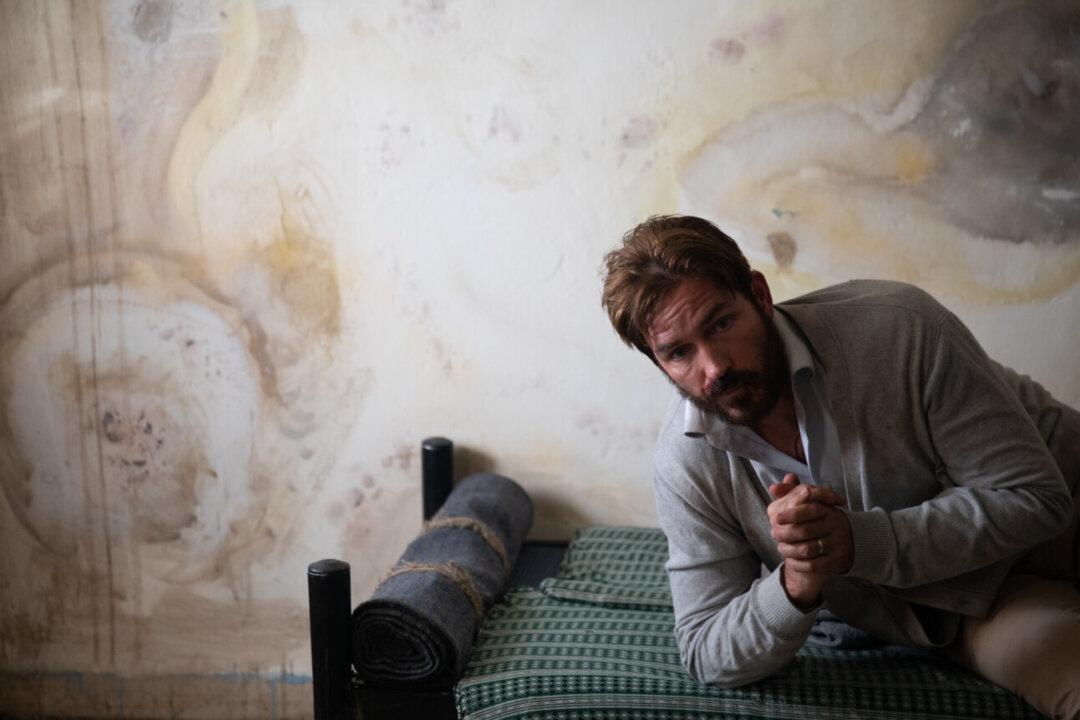When Jim Caviezel agreed to play Jesus of Nazareth over a decade ago in a Mel Gibson film, it became a pivotal event both in his life and career. “The Passion of the Christ” is still the highest-grossing Christian movie of all time. But now when Caviezel goes to speak at schools and universities, he says he’s baffled when he’s told that he can talk about any of his movies except that one. We tiptoe around issues of faith in the strangest way, like visiting Rome only to ignore all the sacred architecture.
“You can’t isolate history and say, ‘Oh we’re not going to talk about God here’; that makes no sense at all. Obviously, faith, religion, have great influences, even in non-Christian societies, [they] have big influences on how societies think, act, walk, talk, everything,” said Caviezel by phone. The actor is also known for his role in the drama “Person of Interest.”






